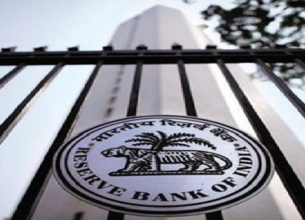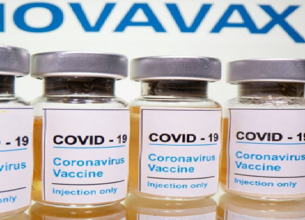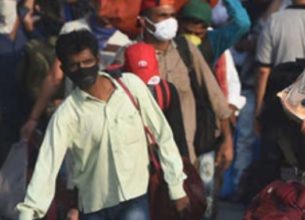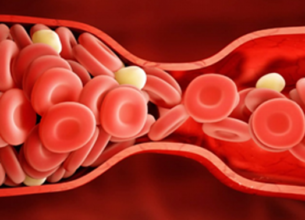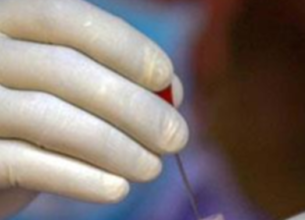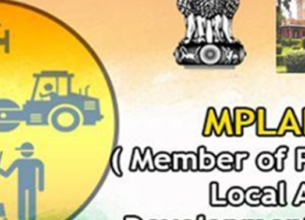EPIDEMIC DISEASES ACT
16, Mar 2020
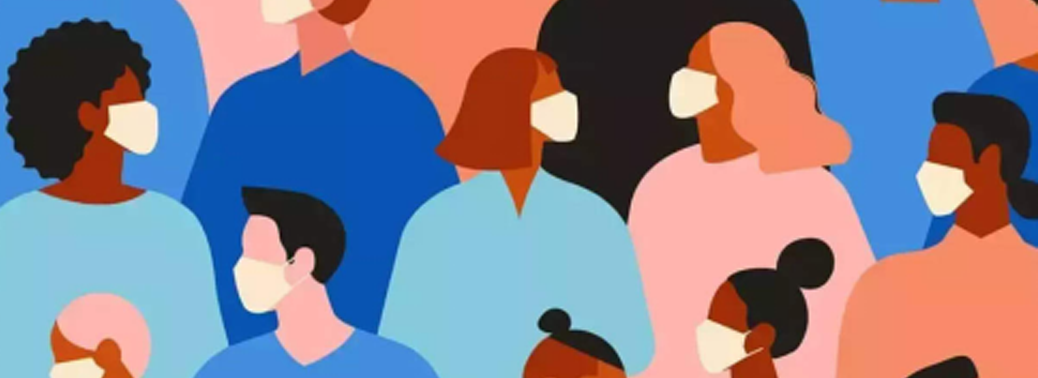
Prelims level : Polity & Governance
Mains level : GS-II Issues relating to development and management of Social Sector or Services relating to Health, Education, Human Resources.
Context:
- All states and Union Territories have been directed to invoke provisions of Section 2 of the Epidemic Diseases Act, 1897, so that Health Ministry advisories are enforceable. The deadly COVID-19 has claimed over 5,000 lives across the world, to combat the pandemic, the Centre has invoked a 123-year-old Epidemic Diseases Act, which has been historically used to contain the spread of various diseases — Swine Flu, Cholera, Malaria and Dengue.
COVID-19 Outbreak:
- Currently, India is fighting the deadly virus, which has claimed two lives in the country and more than 70 COVID-19 cases have tested positive.
- According to reports, across the world more than 119,100 people have been infected.
- And the deadly COVID-19 has claimed over 5,000 lives across the world.
Epidemic Diseases Act, 1897:
- Health is a State subject, but by invoking Section 2 of the Epidemic Diseases Act, advisories and directions of the Ministry of Health & Family Welfare will be enforceable.
- It is routinely enforced across the country for dealing with outbreaks of diseases such as swine flu, dengue, and cholera.
- It was introduced by the colonial government to tackle the epidemic of bubonic plague that had spread in the erstwhile Bombay Presidency in the 1890s.
- The Epidemic Diseases Act consists of four sections and aims to provide for better prevention of the spread of Dangerous Epidemic Diseases.
Provisions of the 1897 Epidemic Diseases Act:
- It Empowers State Governments/UTs to take special measures and formulate regulations for containing the outbreak.
- It also empowers the state to prescribe such temporary regulations to be observed by the public or by any person or class of persons as it shall deem necessary to prevent the outbreak of such disease or the spread thereof.
- The state may determine in what manner and by whom any expenses incurred (including compensation if any) shall be defrayed.
- The State Government may take measures and prescribe regulations for the inspection of persons travelling by railway or otherwise, and the segregation, in hospital, temporary accommodation or otherwise, of persons suspected by the inspecting officer of being infected with any such disease.
- It also provides penalties for disobeying any regulation or order made under the Act. These are according to section 188 of the Indian Penal Code (Disobedience to order duly promulgated by public servant).
- It also gives legal protection to the implementing officers acting under the Act.
Arguments against the Colonial Act:
- Historians have criticised the Act for its potential for abuse.
- Using powers conferred by the Act, colonial authorities would search suspected plague cases in homes and among passengers, with forcible segregations, evacuations, and demolitions of infected places.
- In 1897, the year the law was enforced, freedom fighter Bal Gangadhar Tilak was punished with 18 months’ rigorous imprisonment after his newspapers Kesari and Mahratta admonished imperial authorities for their handling of the plague epidemic.
- Section 4 of the act; Protection to persons acting under Act: “No suit or other legal proceeding shall lie against any person for anything done or in good faith intended to be done under this Act (legal protection to implement the Act).
Arguments in favour of the Colonial Act:
- Constitutional experts opine there is nothing wrong if the government is willing to implement a colonial-era law as it still exists in the statute, and maybe the governments over the time did not see the necessity to amend the Act.
- There are many colonial laws which continue to exist, for example the Indian Penal Code (IPC), the Census which originated in pre-independence era still continues, and the Famine Act also originated before independence.
- In 2009, to tackle the swine flu outbreak in Pune, Section 2 powers were used to open screening centres in civic hospitals across the city, and swine flu was declared a notifiable disease. The act was much resourceful as in this case



